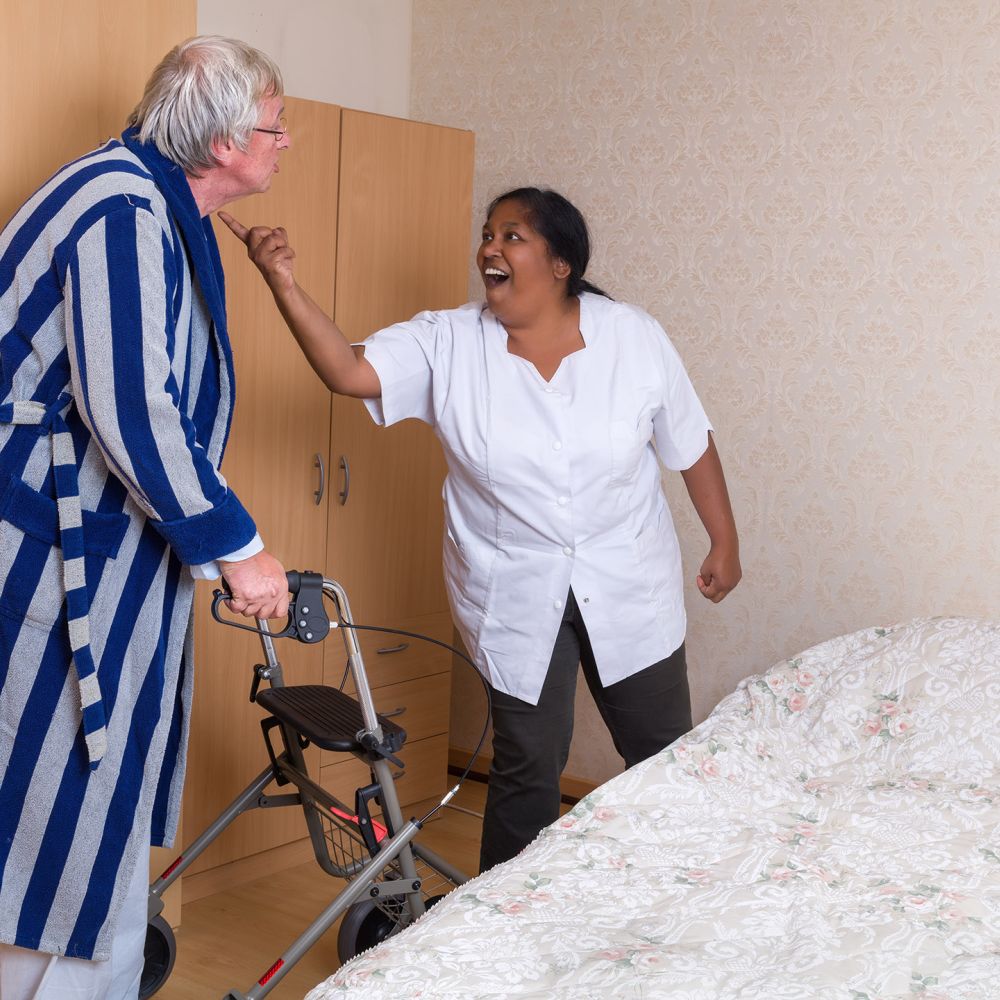
What is Sexual Abuse or Abusive Sexual Contact?
Sexual Abuse or Abusive Sexual Contact: forced or unwanted sexual interaction (touching and non-touching acts) of any kind with an older adult. This may include but is not limited to forced or unwanted completed or attempted contact between the penis and the vulva or the penis and the anus involving penetration, however slight. It might also include forced or unwanted contact between the mouth and the penis, vulva, or anus; forced or unwanted penetration of the anal or genital opening of another person by a hand, finger, or other object; forced or unwanted intentional touching, either directly or through the clothing, of the genitalia, anus, groin, breast, inner thigh, or buttocks. These acts also qualify as sexual abuse if they are committed against an incapacitated person who is not competent to give informed approval.
What is sexual assault?
Sexual assault on an adult includes any behavior of a sexual nature which: is unwanted or occurs without the victim's consent or makes the victim feel uncomfortable or afraid.
This behavior can take various forms including:
Putting a penis, object or other body part in your vagina or anus, or any contact between mouth and genitals.
Touching, fondling or kissing or being forced to touch someone
Being made to look at, or pose for, pornographic photos/videos.
Being watched while you are made to perform sexual acts.
Being forced to watch anyone perform sexual acts.
Unwanted sexual talking or language suggestive of sex.

If you need help
Visit One Place Family Justice Center at 530 S. Lawrence Street, Montgomery, Alabama or call 334.262.7378 or if you are in immediate danger Call 911.
